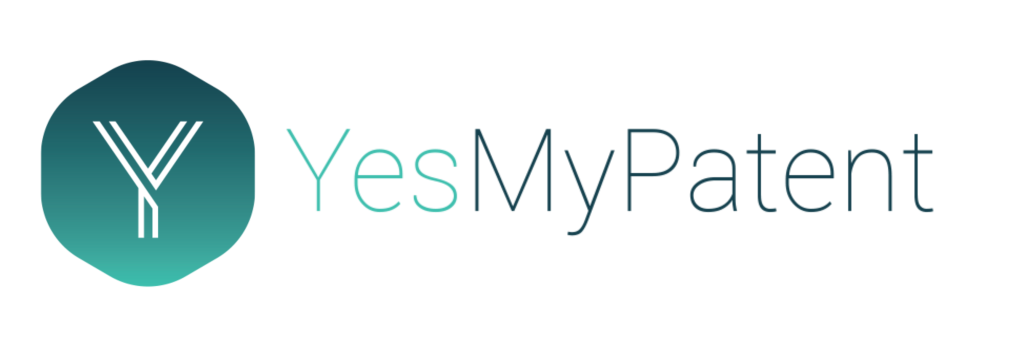Collaboration agreement
On quotation
In today’s innovation race, it is not uncommon to see several innovative players join forces by pooling their technology and know-how. Since this partnership can lead to a new innovation, it is essential to agree on the conditions for the future exploitation of the innovation. In this context, the collaboration agreement comes into play.

What is a collaboration agreement ?
The purpose of a collaboration contract is to govern the relationship between two collaborators so that each can benefit from the value brought by the other. They will conduct a study. This contract must be personalized to take into account the specificities of each employee.
The collaboration agreement must be written or it will be null and void. Some important points of negotiation must be seen with your partner to elaborate a solid collaboration agreementt. Theses are :
- The definition of the study, what it will consist of, what is the work sought in the collaboration
- Where the study will be carried out, in the laboratories or premises of which collaborator
- The duration of the study (indefinite or fixed term) and the terms of compensation ;
- The intellectual property of the results, who can exploit them, who can file the patent if the innovation is likely to be protected by patent;
- The terms and conditions of its termination, including a notice period, provide for cases of force majeure that could impact the completion of the study.


Why does the collaboration agreement sould be drafted by a profesionnal?
A collaboration contract that is not very precise could be requalified as a service contract or an employment contract with the consequences that are attached to it.
The 2022 Finance Act introduced a tax credit for collaborative research for collaboration agreements between a company and a research and knowledge dissemination organization (e.g. a university) concluded between January 1, 2022 and December 31, 2025. This tax credit will represent 40% of the expenses invoiced to companies by research organizations (50% for SMEs) with a ceiling of 6 million euros per year. In order to claim this tax credit, the research collaboration contracts must provide for a distribution of work, expenses and results, including intellectual property rights attached to the results between the company and the research organization.
A rigorous collaboration contract will serve the best interests of each collaborator. At YesMyPatent, we accompany our clients in their collaboration projects and draft their contracts.



